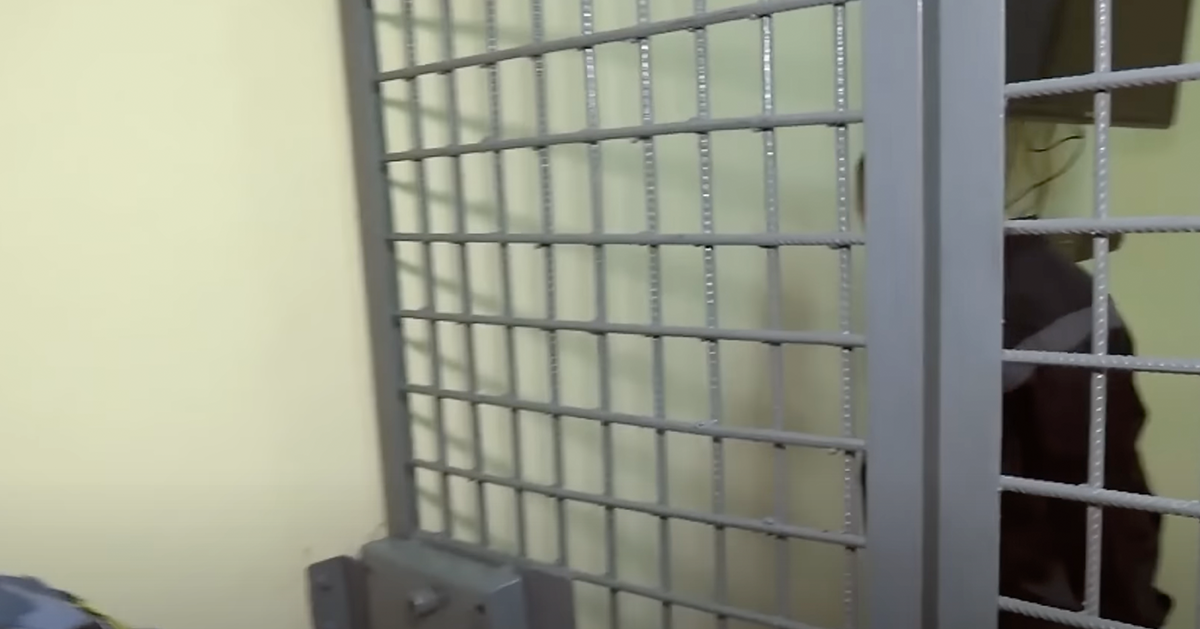Adnan Syed Stays Free As Maryland Court Reinstates His Convictions
In a dramatic turn of events, Maryland's highest court has reinstated the murder convictions of Adnan Syed but has allowed him to remain free while further proceedings continue.
Maryland's Supreme Court has reinstated the convictions in the notorious 1999 murder case of Hae Min Lee, keeping Syed free pending further court proceedings, according to Yahoo News.
The Maryland Supreme Court issued a narrow 4-3 decision on Friday, restoring Adnan Syed's convictions for the murder of his former high school classmate, Hae Min Lee. The 2014 "Serial" podcast first brought international notoriety to this case.
The court's ruling emphasized the need for proper victim rights adherence, focusing on Young Lee's right to participate in the judicial process, which had previously been overlooked.
Syed's legal saga took a new turn as the State Supreme Court's decision allowed him to remain at liberty while the case returned to the Baltimore Circuit Court for a new hearing under revised conditions.
The Legal Journey of Adnan Syed
Adnan Syed initially received a life sentence plus 30 years in 2000 for the murder of Hae Min Lee, whose body was found in a shallow grave in Baltimore. The case remained relatively obscure until the "Serial" podcast brought it to global attention.
Following the podcast's popularity, new legal reviews were prompted, leading to the discovery of potential alternative suspects in 2021 and casting doubt on the integrity of the original conviction.
The Baltimore State's Attorney's office found this discovery significant enough to move to vacate Syed's conviction in 2022, which led to his release after 23 years behind bars.
Controversy Over Victims' Rights
The current legal contention began when Young Lee, Hae Min Lee's brother, contested how the court handled the hearing to vacate Syed's convictions. He argued that insufficient notice and the inability to attend the hearing in person violated his rights as a crime victim, as he only received a Zoom link on short notice.
This complaint prompted an intermediate appellate court decision in March 2023, which favored reinstating the convictions to redo the hearing and emphasized the need for adequate victim participation.
The Maryland Supreme Court's recent decision builds on this, mandating a new hearing with proper notice to the victim's family and allowing them to participate fully.
New Challenges in Court
As the case returns to the Baltimore Circuit Court, Ivan Bates, the new State's Attorney, will oversee it. Bates, who took office in January, has previously expressed concerns about the flaws in Syed's conviction and has been closely following the proceedings.
Becky Feldman, the previous prosecutor who initially filed the motion to vacate Syed's conviction, has since left the office, adding another layer of complexity to the ongoing legal proceedings.
Under Bates's administration, the scheduled new hearing will revisit the disputed legal points, with both the prosecution and the defense preparing for another round of intense legal scrutiny.
Divided Opinions Among Justices
The state Supreme Court did not reach a unanimous decision, revealing a divided opinion among the justices. Three justices dissented, with Justice Brynja McDivitt Booth expressing concerns that the majority overreached by rewriting victim's rights laws.
"The Majority also re-writes the victims' rights statutes to provide a right where the Legislature has declined to provide one. Respectfully, it is not our role to act as a super-legislature when we think our policies are better," wrote Booth in her dissent.
Despite the dissent, the majority opinion prevails, setting the stage for the new hearing.
Implications for Victim Rights and Legal Precedent
This decision carries significant implications, as it may influence how courts treat victim rights in similar cases nationally. David Sanford, attorney for the Lee family, remarked, "The Supreme Court acknowledges what Hae Min Lee's family has argued: crime victims have a right to be heard in court."
This case continues to attract significant public and legal interest, reflecting the ongoing debates over the balance between convict rights and victims' rights within the American legal system.
As the legal battles continue, Ivan Bates summed up the current sentiment, stating, "We need some time to figure out what's going on with this 185-page opinion," indicating that the resolution to this long-standing legal drama is still some way off.




